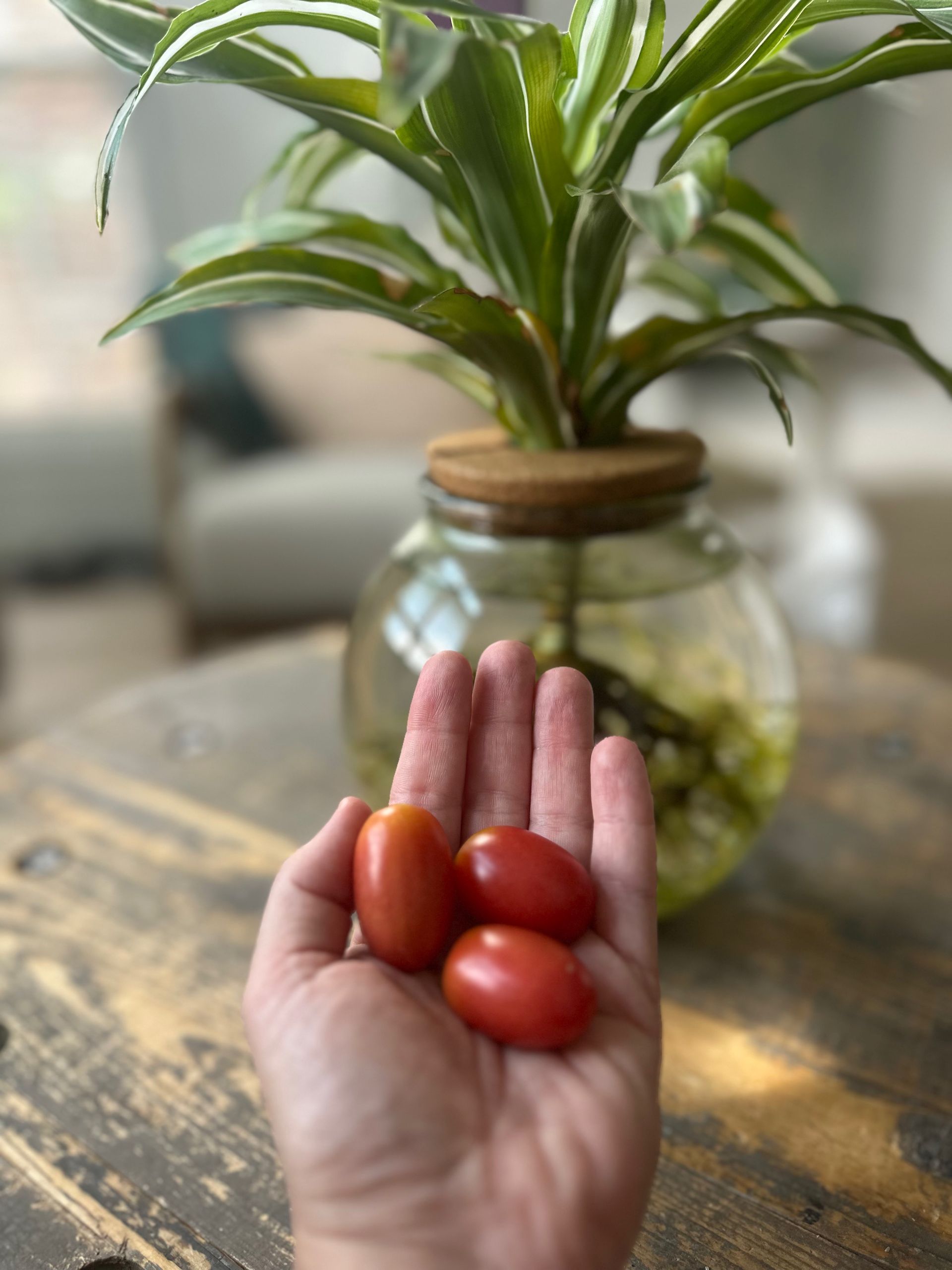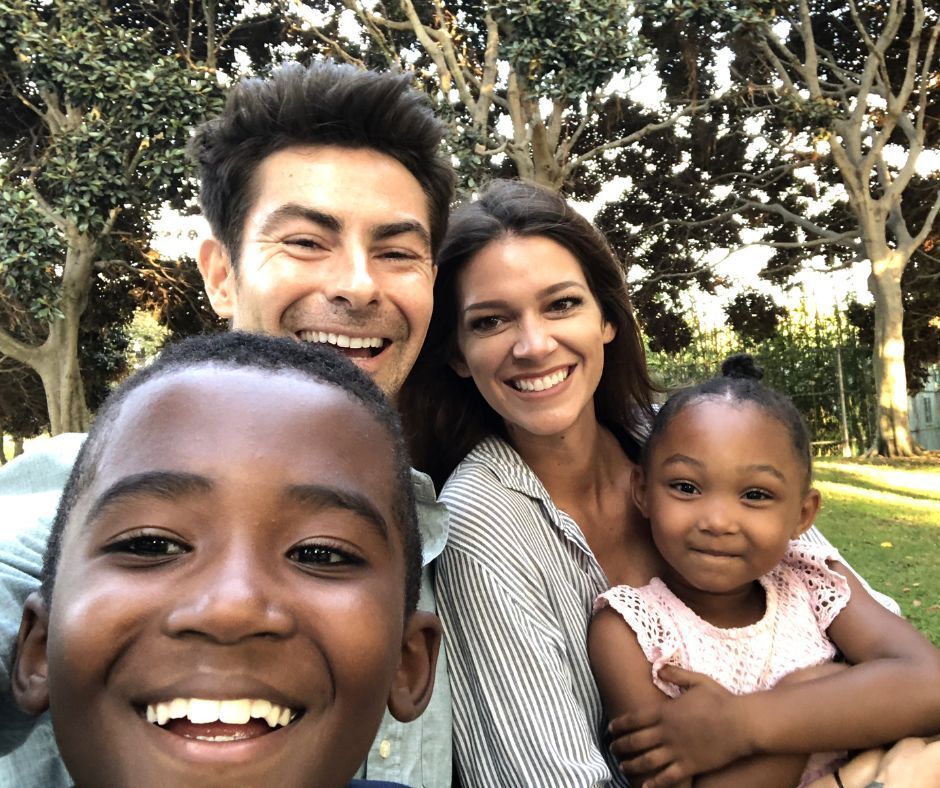When I decided to plant a garden, I thought, how hard could it be?
You dig a hole. You put in a seed. You water it. Boom. Salad.
That’s what the package said.
That’s what the Instagram moms said.
That’s what the lady at the farmer’s market said, wearing her cute linen apron.
I had no idea gardening would involve so much dirt, disappointment, and patience—so much second-guessing, Googling, and apologizing to the tomatoes for getting pecked by the cardinals in my yard.
Some days, the sun was so hot it forced me outside to water the garden twice a day. Other days, it poured rain, and I found myself wondering if plants can drown like other living things.
"But I did everything right."
"Well... I mean, I did everything I thought I was supposed to do. I’ve never actually done this before.”
Just like with parenting, I started this journey confident. How hard can this be?
I water. I fertilize. I talk to my plants nicely. But then you wait, and nothing happens—or surprising things happen that you didn’t expect.
Raising children is a lot like this. Each child requires a different set of parenting skills. I have one child I encouraged to break a rule now and then because her streak of perfectionism needed gentle redirection. And another child I begged—please—to follow the rules. Any of them.
Some children shrink under strong correction, like veggies withering under a scorching sun.
Other children don’t feel the heat at all. They just grow in the direction they grow. No amount of stakes or trellises can redirect their path. You find yourself bracing to see what kind of fruit they’ll produce, praying it’ll be something sweet and good.
Eventually, you stop trying to control the garden—and start learning from it.
You notice that some of the most beautiful blooms come from the most stubborn plants.
You realize your job isn’t to make the garden grow.
Your job is to tend it with curiosity and love.
Because the truth is, you’re not the gardener and the seed.
You’re just the faithful caretaker.
And even when you don’t know what’s growing—even when it’s messy and unpredictable—something sacred is happening beneath the surface.
And when your garden finally produces something… anything… wow!
It’s the best little cherry tomato in the world.
Because it’s yours.
It’s just like a momma to beam with pride at a child for simply existing.
Just be a faithful gardener.
The outcome isn’t your job.
The stewardship of the garden is.












